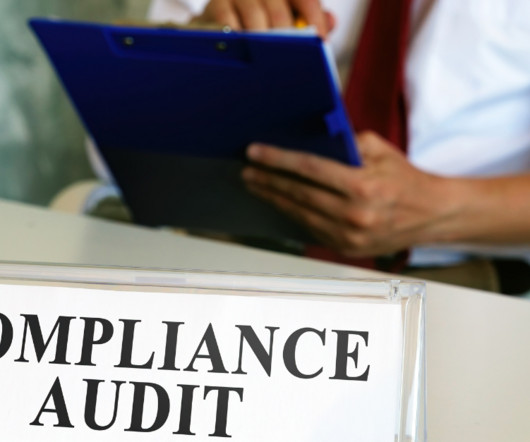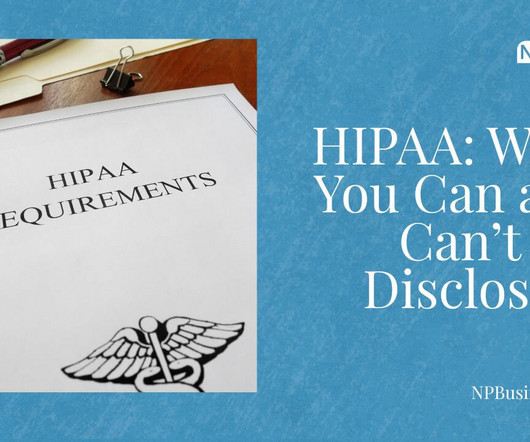How to Conduct Effective Compliance Audits
American Medical Compliance
OCTOBER 25, 2024
For instance, an individual who unknowingly violates HIPAA will pay a $100 fine per violation with an annual maximum of $25,000 for those who repeat violation, according to the National Institutes of Health. When conducted effectively, these audits can help healthcare providers avoid costly penalties.















Let's personalize your content